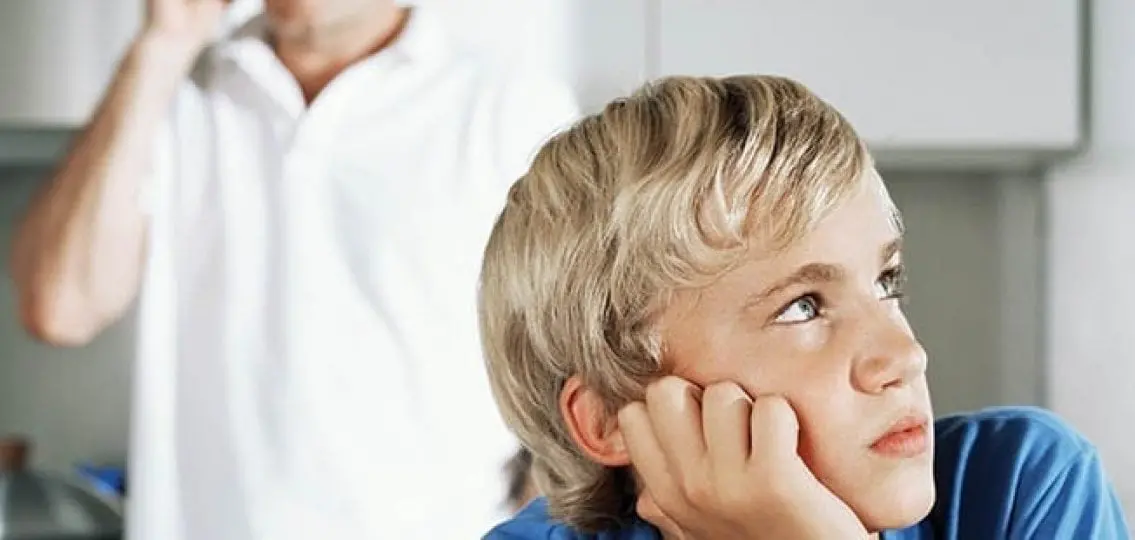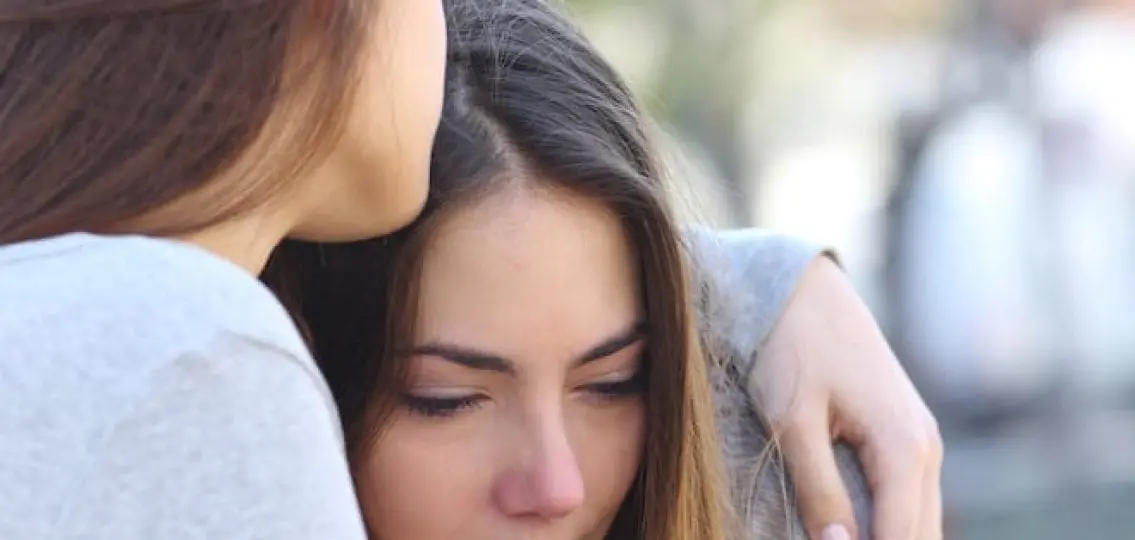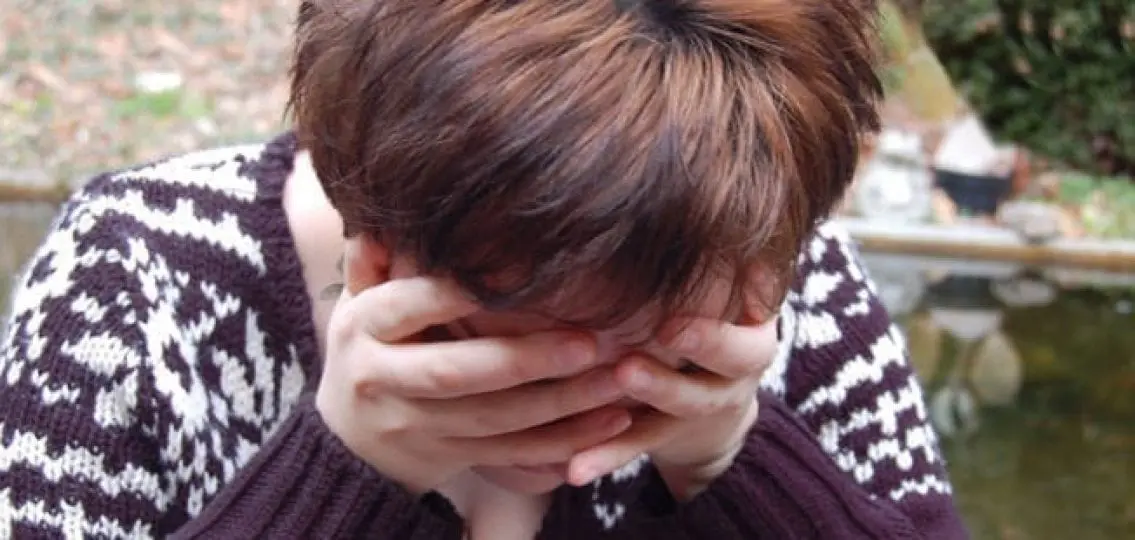Two years ago, we lost my wife due to complications with her chemo treatments. Although we knew that her time was limited, we did not expect it to happen so suddenly.

My wife was courageous and remained outwardly strong and upbeat through her cancer journey. So, it was a tremendous shock to lose her unexpectedly. Especially for our three children: our 23-year-old and 19-year-old daughters and 16-year-old son. There had been no time for my wife and me to prepare them for what was coming.
My Kids’ Responses: Grief, Shock – And Anger
In addition to their grief and shock, they felt an underlying anger that I had not been honest with them about the diagnosis. All three had always insisted that they wanted honesty about everything.
But we simply were not yet prepared to tell them. And of course, we wanted to protect them.
Our kids are mature and self-confident, but I worried about them throughout the grieving process. Initially, we attended a family grief counseling session together. But we couldn’t continue the sessions with us located in three different states. I continued to attend counseling and grief-support groups to show my kids that I was taking care of myself.
My oldest daughter was already ‘launched’ and thriving in Chicago and attending counseling on her own. Her younger sister was in college in North Carolina, and she relied on friends and a busy schedule instead of counseling. This worked for a short time, but I learned that college could be a very lonely place for students in grief. She has done fine despite that, but I wish that I had worked more with her school’s administration to provide her support options.
I think that my son was at the toughest age to deal with the loss of a parent. Just weeks after losing my wife, he was at fault in a serious car accident. I soon started to suspect substance use. He was never perfect, but it became hard for me to reconcile this new kid with the one who had the strength and courage to speak so beautifully at his mother’s memorial service.
I Had to Be a Different Kind of Parent
After much searching, I realized that I needed to be a different parent than I was before. My wife had always been the better parent, so I tried to adopt her viewpoint in responding to situations as she would have. I knew I couldn’t do it alone, and I drew support from my grief counselor and advice and affirmation from late night phone calls to close friends.
The next year with my son seemed like an ongoing barrage of troubled events with law enforcement and school officials. In an odd way, I felt fortunate that he had the “bad luck” of always getting caught. This made it easier to show him that there were real consequences for bad decisions.
Through all of this, I had trouble sifting the typical 16-year-old boy stuff from the grief-driven behavior. I often asked, “Why me?” I didn’t know how to deal with my son’s issues without my wife. But, I learned to listen to my gut and made some courageous decisions that illustrated for my kids, especially my son, that I was the parent and able to move forward.
Learning to Move Forward After Loss
We are all now moving forward. My son was a typical teenage boy who kept his feelings and emotions under the surface. I needed to help push him into situations where he could release them in a channeled and safe way. A huge step forward in my son’s grief process was his participation in a weeklong Outward Bound experience in the US Rockies for grieving teenagers.
Non-parent events like this provide a place where kids can “own” their grief without someone telling them how to do it. Through error, I learned to discuss decisions with my son instead of dictating them. During that rough year, he was balancing school, work, and sports. I insisted he quit his job so that he could focus. My insistence turned out to be a big mistake that caused more anger.
Looking back on that first year, I can see the depth of my son’s anger. Our journey won’t ever end, but as we change, it changes too. We have a closer relationship, and he is happier and making better decisions.

I have learned to be more transparent with all of my kids. I continuously show them through my own grief journey that good and growth can come from sadness and loss.




